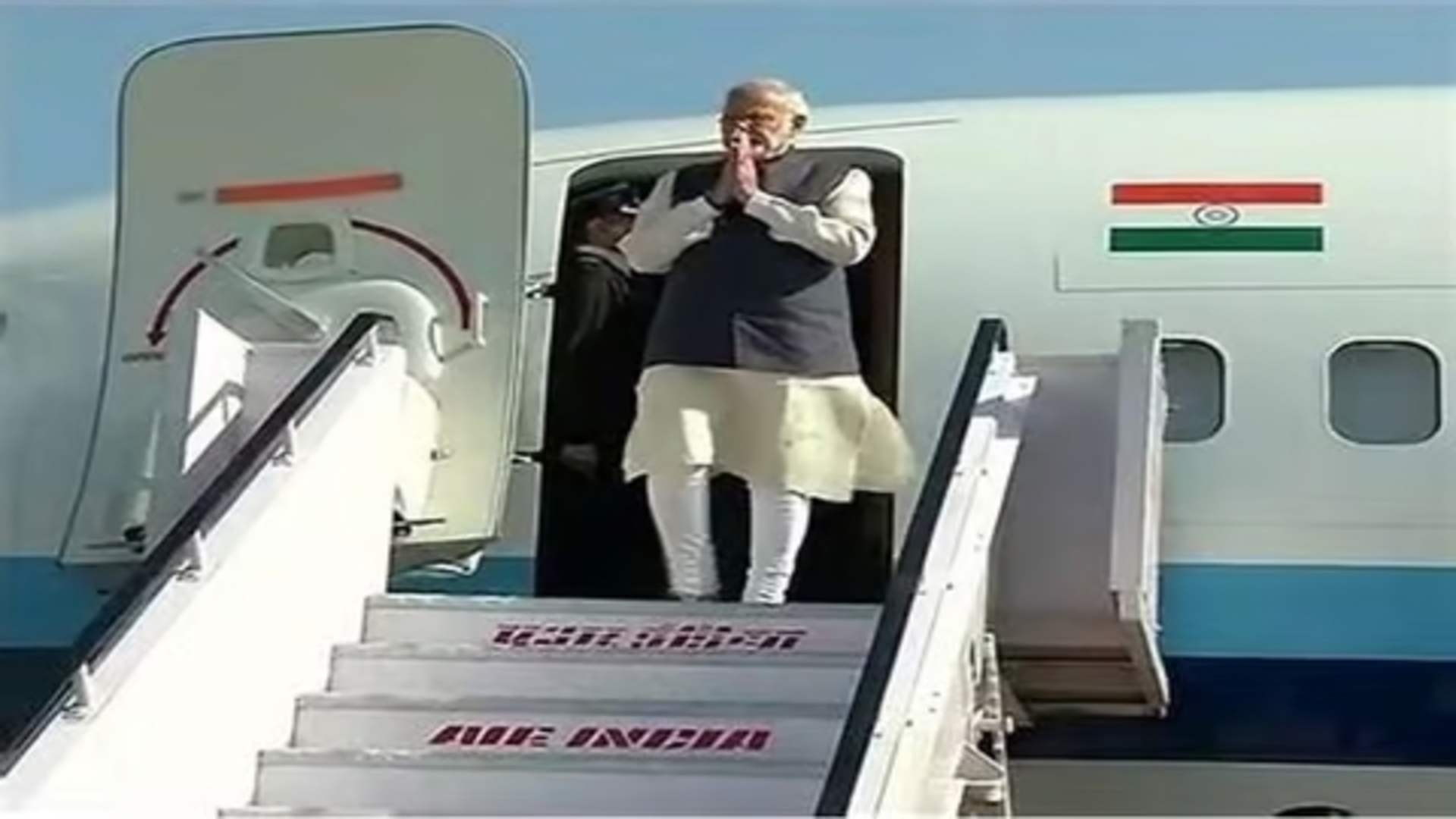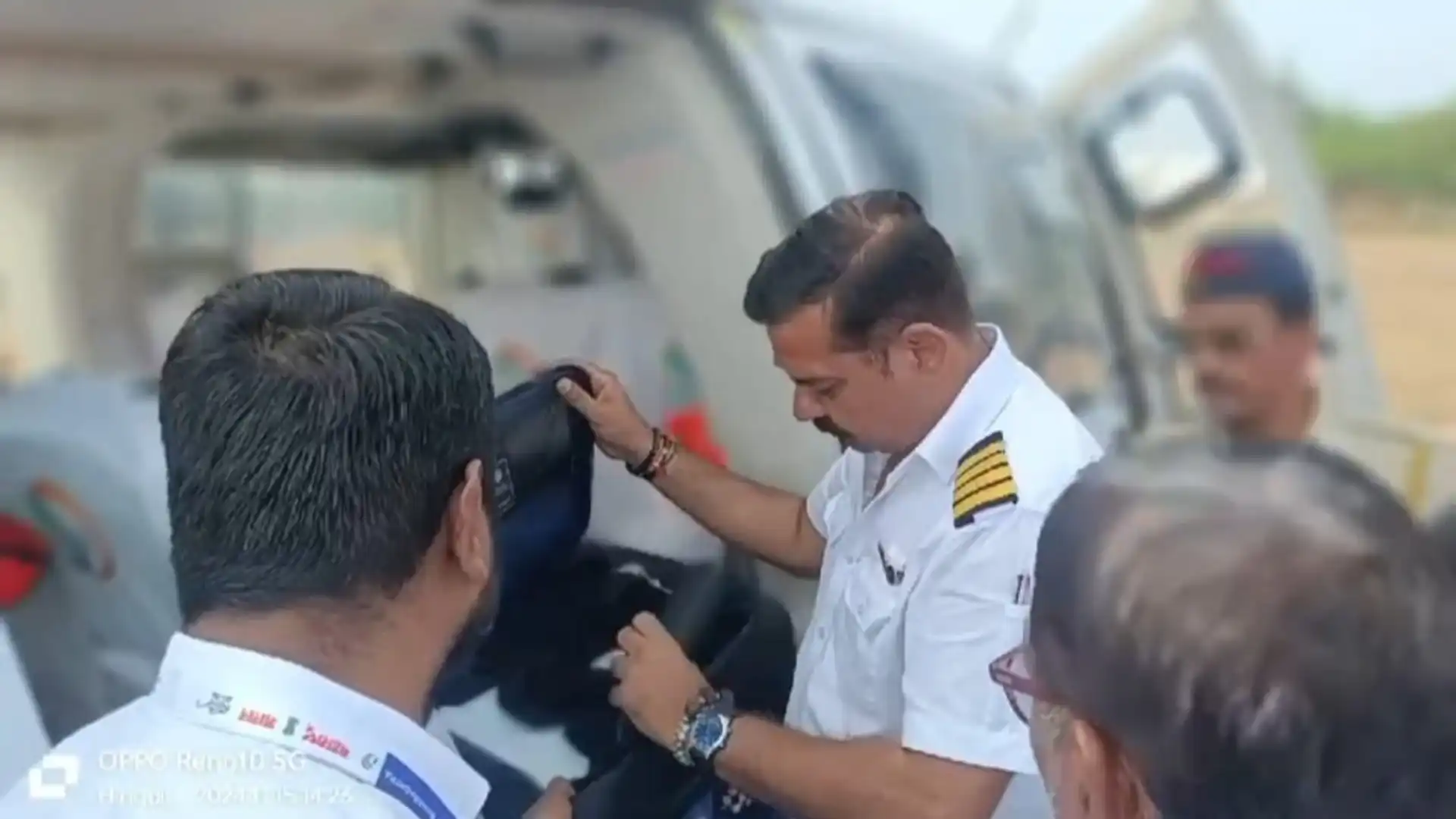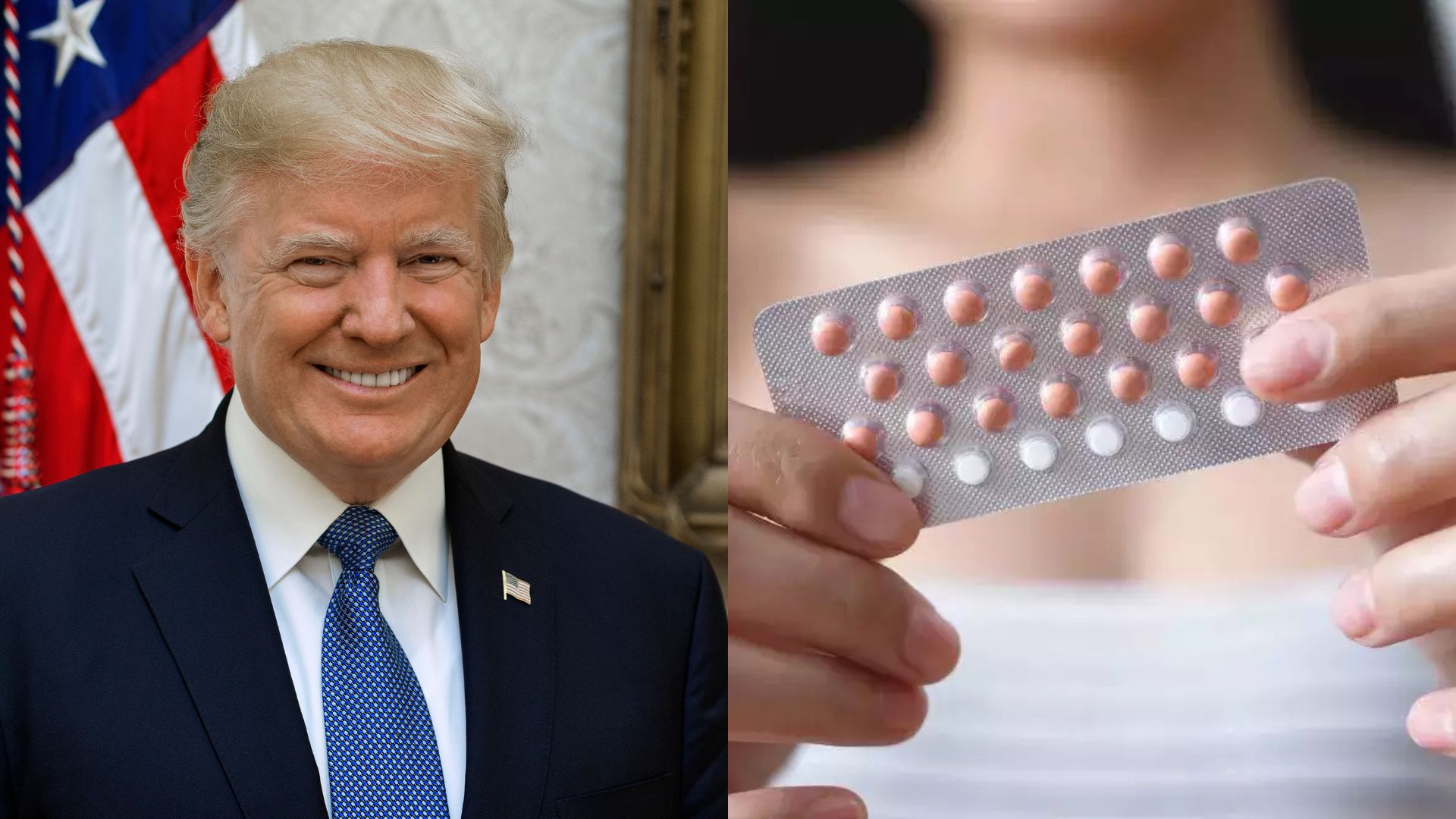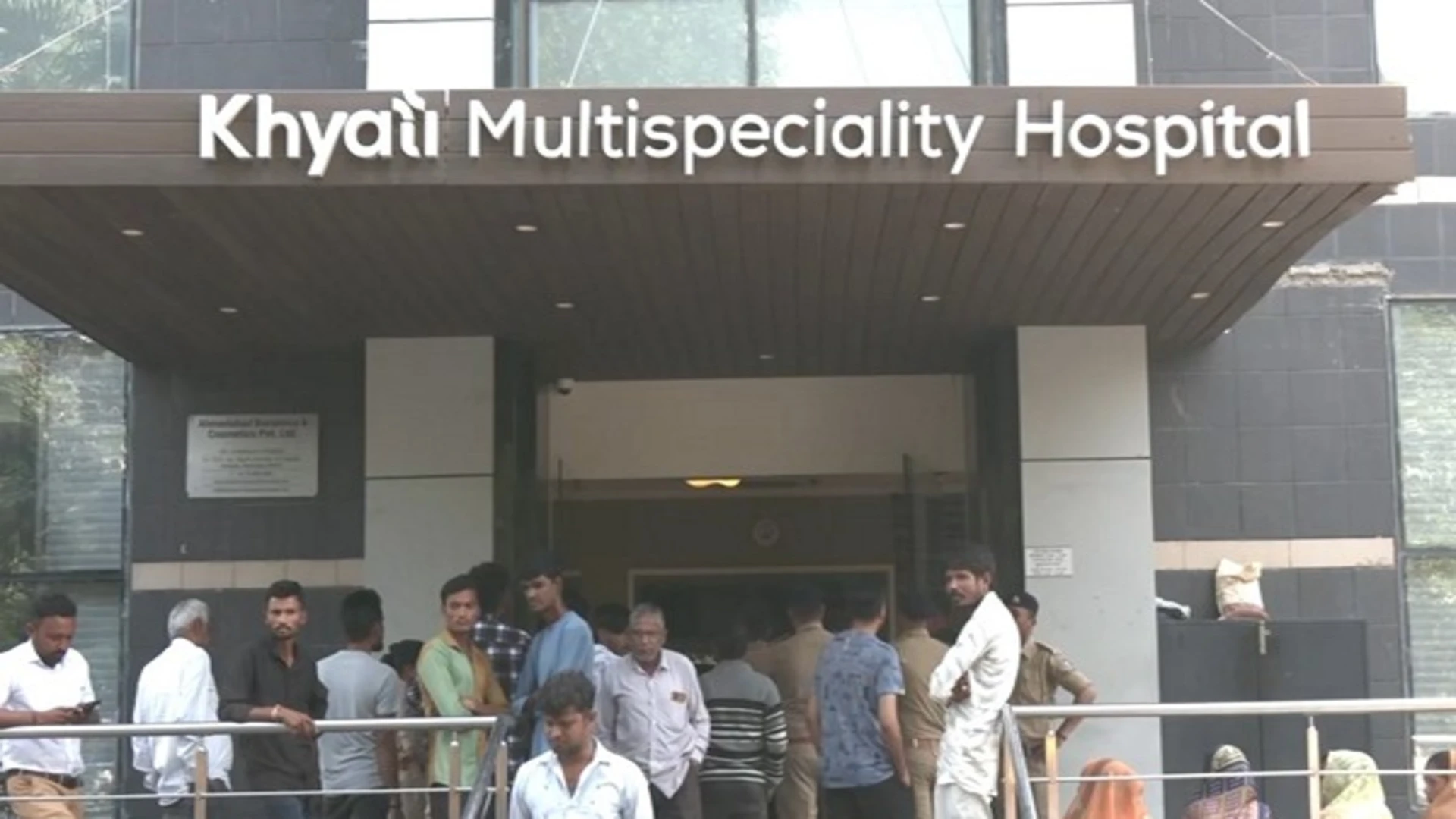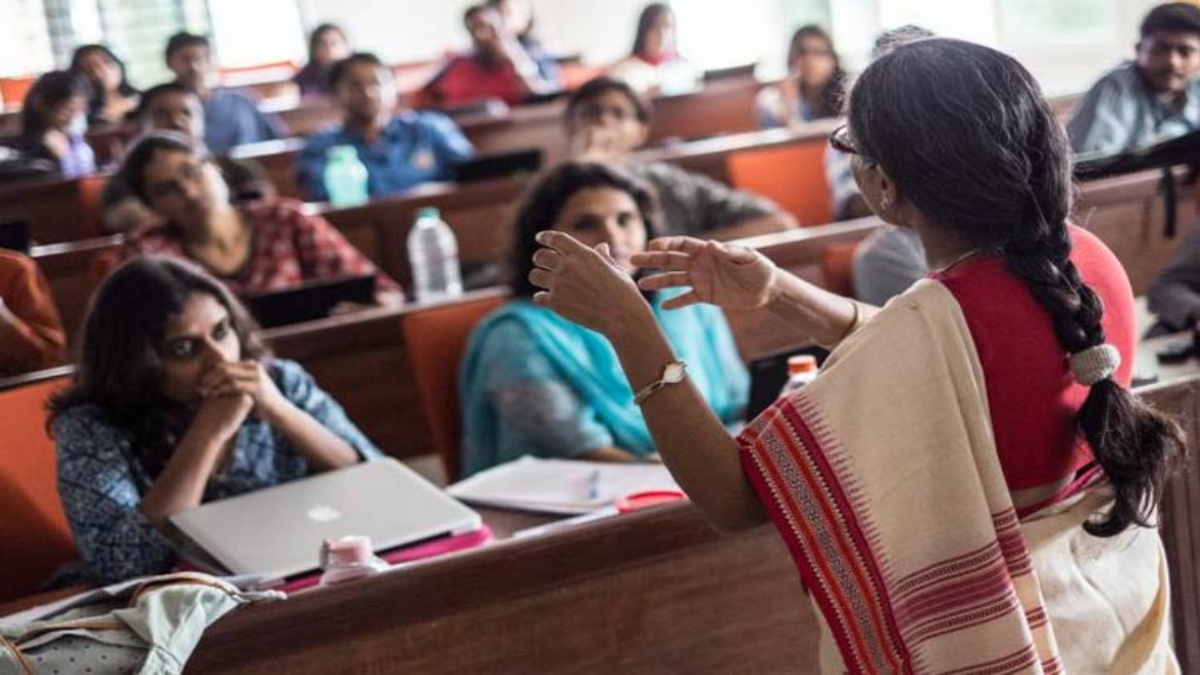
It is known that the country did not have a well-established system of teacher preparation at the time of Independence. Realising this, the first Education Minister, the esteemed Abul Kalam Azad, had said that there was a need to establish an Institute of Education to deal with teacher preparation. This is how the Central Institute of Education (CIE), now the Faculty of Education at the University of Delhi, was born. Subsequently, the University Education Commission (1948-49) included a chapter on Professional Education in its report, wherein it underlined the significance of teacher preparation for school education. This was the time when school education in the country was not handled holistically but dealt with by multiple agencies in the form of bureaus working independently until they were all brought under the ambit of the National Council of Educational Research and Training (NCERT) in 1961. Since then, teacher education has undergone many changes, but with little success.
Teacher education in the National Education Policy (NEP), 2020 has been dealt with at length. The policy envisages that the NCTE in consultation with the NCERT would formulate a new and comprehensive National Curriculum Framework for Teacher Education (NCFTE) by 2021, and by 2030, teacher education will be gradually moved into multidisciplinary colleges and universities and the 4-year integrated B.Ed. degree will be the minimum qualification for school teaching. It also mentions that these multidisciplinary institutions will also offer a 2-year B.Ed programme only for those who have already obtained a Bachelor’s degree in other specialized subjects and a 1-year B.Ed programme only for those who have obtained a Master’s degree in a specialty and wish to become a teacher in that specialty. These multidisciplinary institutions may also offer programmes in Open & Distance Learning (ODL) mode if they are accredited to do so. It has also underlined the significance of organizing shorter post-B. Ed certification courses for those who wish to move to more specialised areas of teaching. In addition, it talks about taking strong action against substandard standalone institutions, which is exemplary.
It is evident from the approach to teacher education that the policy has also reiterated the earlier recommendations made by different Commissions and Committees, which signifies the criticality of teacher education in the entire edifice of education. Initially, the idea of a 4-year integrated course had emerged from the Report of the Secondary Education Commission (1952-53) along with the establishment of NCERT’s four Regional Institutes of Education (RIEs) in 1963- 64. These RIEs, which were conceptualised on the model of the Land Grants Universities of the United States, experimented with the 4-year integrated programme and proved its worthiness. The idea of a 4-year integrated programme of teacher education was reiterated a second time by the Kothari Commission (1964-66). The Commission had even remarked that teacher education could not improve because it suffers from isolation of three kinds: Isolation within itself, isolation from school education and isolation from higher education. The Commission had emphatically mentioned that this was not an experiment to be attempted in a standalone institution and that, because of the requirement of merging of both cognate and pedagogical disciplines, and the cost involved, it was a fit system to be undertaken in the university system. The third time, it was also reiterated by the Justice J.S. Verma Commission in 2012, and now for the fourth time, it has been reiterated in the NEP, 2020.
But in spite of many Committees and Teacher Education Frameworks endorsing the model, it needs to be understood why this 4-year innovative model did not move further from the four RIEs even after a long period of 56 years. The 4-year integrated programmes of RIE have also passed through many bumpy phases. One needs to know that at one point, these programmes were recommended to be shut down by the B.D. Nag Chaudhary Committee, because they were found to be very costly. It was the Kothari Committee that had recommended the reopening of these programmes. They were eventually restored when the Madhuri Behan Shah Committee in its report emphatically mentioned that it would be an injustice to the nation if these programmes were not allowed to flourish. Even after that, it was restored only in one of the four RIEs at Mysore. Finally, it was only after the intervention of the Public Accounts Committee of the Parliament that they were restored in all the four RIEs. The policy seems to have reiterated it without looking into the reasons for its non-spread beyond the boundaries of the NCERT’s system, which is deeply concerning.
Recommendations on teacher education form the pivot on which depends the entire success of the NEP, 2020, particularly with regard to school education, as it lays the foundational edifice for everything including higher education. This is the most important area but has remained the weakest one. Transforming single faculty institutions into multi-faculty is a good idea. But this is what was recommended by the Justice Verma Commission in 2012 and, despite the directions of the Supreme Court, nothing has happened on the ground in the last eight years. The availability of subject-specific trained faculty will continue to be a huge challenge until there is an unquestionably designed 4-year integrated teacher training programme. Offering 4-year, 2-year and 1-year teacher training programmes on the same campus might also act as a deterrent for the institutionalisation of a 4-year integrated programme which is going to be the minimum qualification for school teaching.
The recommendation of the policy that teacher education from preschool onwards should be moved to the multidisciplinary environment of the universities is a laudable goal which must be achieved now. But it may be worthwhile to mention that, as a step towards the recommendation of the Justice Verma Commission relating to moving teacher education to the multidisciplinary environment of the universities, the UGC organised a Conference of the Vice-Chancellors in September 2015 to discuss this issue with them. The Conference was attended by over 250 Vice-Chancellors but the result was a near indifference of the university system to the idea of moving teacher preparation programmes to the multidisciplinary environment of universities. There are serious apprehensions about the proposition, especially about how in a multidisciplinary institution the existing departments of main disciplines will work in collaboration with the Department of Education and come up with an integrated teacher training programme. It would happen only when all the universities strengthen existing school subject related departments in cognate disciplines for curriculum and pedagogy of the integrated programmes, and for that, taking the university system on board will have to be the first priority towards the implementation of this significant recommendation.
There are a plethora of issues in teacher education which have never been adequately deliberated upon. It will be relevant for implementers of the NEP to pay due attention to them. It is a fact that wherever the 4-year programmes were started, they didn’t reflect the philosophy underlying the programme. It remained as only a stapling together of two degrees and not as a professional programme integrating content and pedagogy on the foundations of social, psychological and philosophical education. Even the present Regulatory Body for teacher education, the NCTE, has provided a framework in its norms which is antithetical, to say the least, to the academic requirements of the 4-year programme.
It is suggested that the Agency which may be entrusted with the task of implementing the stated “new” model should first prepare a white paper as to why such an inordinate delay has been allowed in the implementation of the much talked about 4-year integrated programme and only “reiterations” have happened. In this, in-depth analysis alone will bring the answers to ensuring that the idea does not become a further reiteration in a subsequent policy. For how long will the policy of endorsement and reiteration continue without any steps towards ensuring the implementation of such a vital recommendation? Endorsement and reiteration should not become a trend in itself in policy formulation. The bottom line is that the country is badly in need of a teacher who can inspire and teach how to learn.
The writer is former Chairman, UGC. The views expressed are personal.
